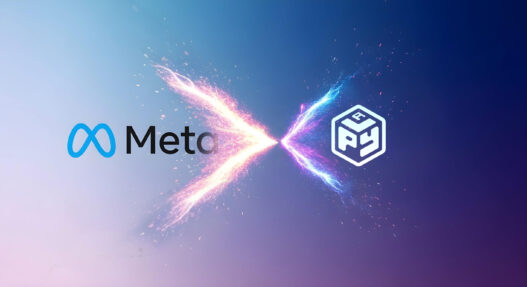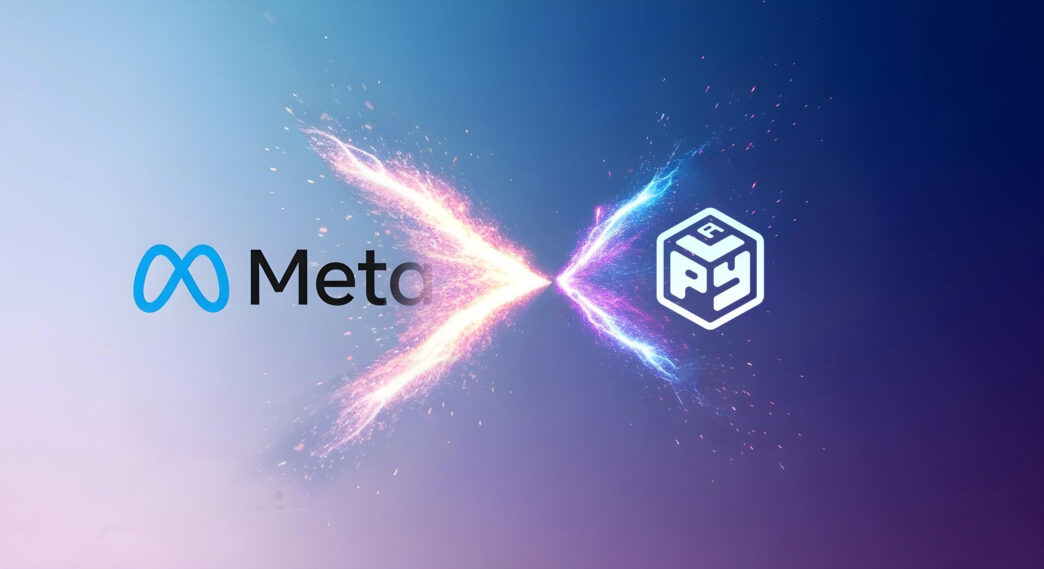In Silicon Valley, moves are made in millions. Vision is priced in billions. But voice—voice is priceless.
And Mark Zuckerberg just made it clear that voice is the next frontier of the AI arms race.
This week, Meta confirmed its acquisition of PlayAI, a red-hot voice tech startup building hyper-realistic AI-generated speech. If the $14.3 billion ScaleAI acquisition was Meta loading up on intelligence, PlayAI is them giving it a voice.
What Is PlayAI?
PlayAI is one of those rare startups that seemed to exist slightly ahead of its time. Founded in 2022 by a team of ex-DeepMind and Amazon Alexa researchers, the company had one mission: make synthetic speech indistinguishable from human conversation—not just in sound, but in nuance, tone, emotion, hesitation, laughter.
It wasn’t just about mimicking Siri. It was about creating a voice that feels alive.
The startup quietly built a proprietary model called VocalForge, capable of generating natural-sounding conversations at scale. Think: voice actors for games and animation, virtual therapists that don’t sound robotic, sales agents that never sleep, and AI assistants that sound like your favorite podcaster—down to the sighs.
Their tech started showing up in stealth partnerships with streaming platforms, gaming companies, and accessibility tools. But the buzz became undeniable after a now-viral demo where VocalForge voiced a fictional customer support call that fooled 9 out of 10 listeners into thinking they were talking to a real person.
Meta saw that—and acted fast.
The Deal
Meta isn’t revealing the exact price, but insiders peg the all-cash acquisition at just under $1 billion—a relatively modest deal by big tech standards, but a strategic masterstroke.
Unlike ScaleAI, where Meta bought infrastructure and talent for training large AI models, PlayAI brings in something far more visceral: personality.
As one Meta exec put it (speaking to The Information),
“You can have the smartest assistant in the world, but if it sounds like a 2015 chatbot, you’ve already lost the user.”
Why Voice, and Why Now?
Here’s the thing: The AI war is no longer just about intelligence. It’s about presence. And presence requires sound.
OpenAI has Whisper. Google has WaveNet and SynthID. Amazon has Alexa’s emotional range. Apple is reportedly building Siri 2.0 with a personality engine. Meta—until now—had LLaMA, but no voice to go with it. PlayAI fills that gap.
With ScaleAI feeding data, LLaMA generating intelligence, and now PlayAI giving it expression, Meta is assembling a full-stack conversational AI empire. Think of a future where you’re not just typing to your Meta AI assistant on WhatsApp or Instagram—but talking to it, and having it talk back in a voice that feels startlingly real.
That means:
- AI companions on Messenger that feel like friends
- Virtual creators with dynamic voices for Reels and VR
- AI-driven NPCs in Horizon Worlds that sound like actual people
- Hyper-personalized voiceovers on content, auto-generated in real time
In short: Meta doesn’t want just chatbots. It wants characters.
What Happens to PlayAI?
The 40-person PlayAI team, based in San Francisco and Toronto, is being folded into Meta’s GenAI Speech Lab, a fast-growing division under CTO Andrew Bosworth. CEO and co-founder Lena Zhao, a former Google Brain researcher, will stay on as Head of Synthetic Voice Products at Meta.
According to sources familiar with the deal, PlayAI’s VocalForge stack will become the default engine powering all Meta AI voice products—from smart glasses to virtual assistants in WhatsApp.
Their roadmap?
- Multilingual voice synthesis
- Emotional modulation on demand (e.g. make this sound sadder or more excited)
- Real-time voice cloning (with user consent)
- Integration into VR and AR avatars in Horizon and Quest
“We built PlayAI to give AI a voice humans can connect with. Meta gives us the platform to bring that to billions.”
Zhao, in a brief interview with TechCrunch
The Bigger Picture: Meta’s AI Orchestra
In just over six months, Meta has:
- Acquired ScaleAI for $14.3B
- Released LLaMA 4, now used in its chat assistant and developer tools
- Hired over 2,000 new AI researchers
- Now bought PlayAI to round out its voice capability
If you’re wondering what all this points to—it’s not just smarter replies in Messenger. It’s identity-level AI—bots that are not only intelligent and helpful, but relatable.
Imagine a world where your Meta assistant knows your tone, laughs at your jokes, and sounds like someone you actually enjoy talking to.
That’s the future Meta is racing toward—and PlayAI is the vocal cord that makes it possible.
Final Thought
It’s easy to dismiss voice as just the icing on the AI cake. But when you talk to a bot and it feels human, something shifts. Trust deepens. Interaction flows. Attention stays.
Meta just made a high-stakes bet that voice will be the key to emotional engagement in AI.
And if they’re right, PlayAI won’t just be a smart acquisition. It’ll be the moment the silent AI era finally found its voice.



















